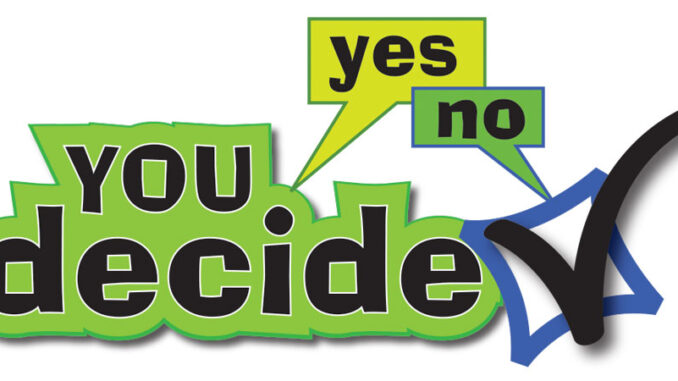
Is Death by Lethal Injection Cruel and Unusual Punishment?

Last month, the U.S. Supreme Court blocked a Missouri man’s scheduled execution of a by lethal injection. The inmate, Russell Bucklew, has a medical condition that his lawyers successfully convinced the court would cause him unnecessary pain and suffering. This latest ruling is heightening the national discussion over how prisoners sentenced to death are killed.
There are many potential angles to consider when debating the death penalty (also called capital punishment) – politics, cost, morality, absolute certainty of guilt, and whether it is an appropriate deterrent to name a few. For our YOU DECIDE poll, btw has decided to focus on the issue of cruel and unusual punishment as addressed by the 8th Amendment. While no exact definition of what constitutes “cruel and unusual” exists, the method and amount are the two main considerations.
Is death by lethal injection “cruel and unusual punishment”?
NO
The practice of government-sponsored capital punishment dates back to the earliest days of America. Methods of putting the convicted to death include whipping, firing squad, burning at the stake, guillotine, hanging, electric chair and the gas chamber. Compared to those methods, lethal injection (considered in the late 1880s but not implemented until 1977) is considered the most humane of putting someone to death. The most common administration of lethal injection involves a “three-drug protocol,” made up of sodium thiopental (renders a person unconscious), pancuronium bromide (causes body-wide paralysis), and finally potassium chloride (speeds the heart and causes cardiac arrest).
Thirty-six states and 54 countries currently use lethal injection for capital punishment. While there are risks and circumstantial exceptions (like the recent case mentioned above), measures taken by the Supreme Court to halt any problematic execution prove the system works.
YES
Just because lethal injection is the most humane form of execution doesn’t mean that it isn’t offensive. The “three-drug” protocol has not been officially sanctioned by the US Food and Drug Administration (FDA). Although drugs are administered by needles, the American Medical Association discourages doctors from participating in such executions because it violates the Hippocratic Oath.
Six states that once used lethal injection for capital punishment (NY, NJ, IL, MD, CT and NM) have reversed their position and abolished the practice. With every execution, there is a risk that something will go wrong. In January, an Ohio Death Row inmate snorted and gasped for breath before dying. In April, an Oklahoma inmate writhed in pain before dying of a heart attack 43 minutes later. One can argue that an inmate may not be aware of a medical condition that might cause complications. Additionally, there is currently a shortage of sodium thiopental, which could lead to states relying on unregulated pharmacies.
